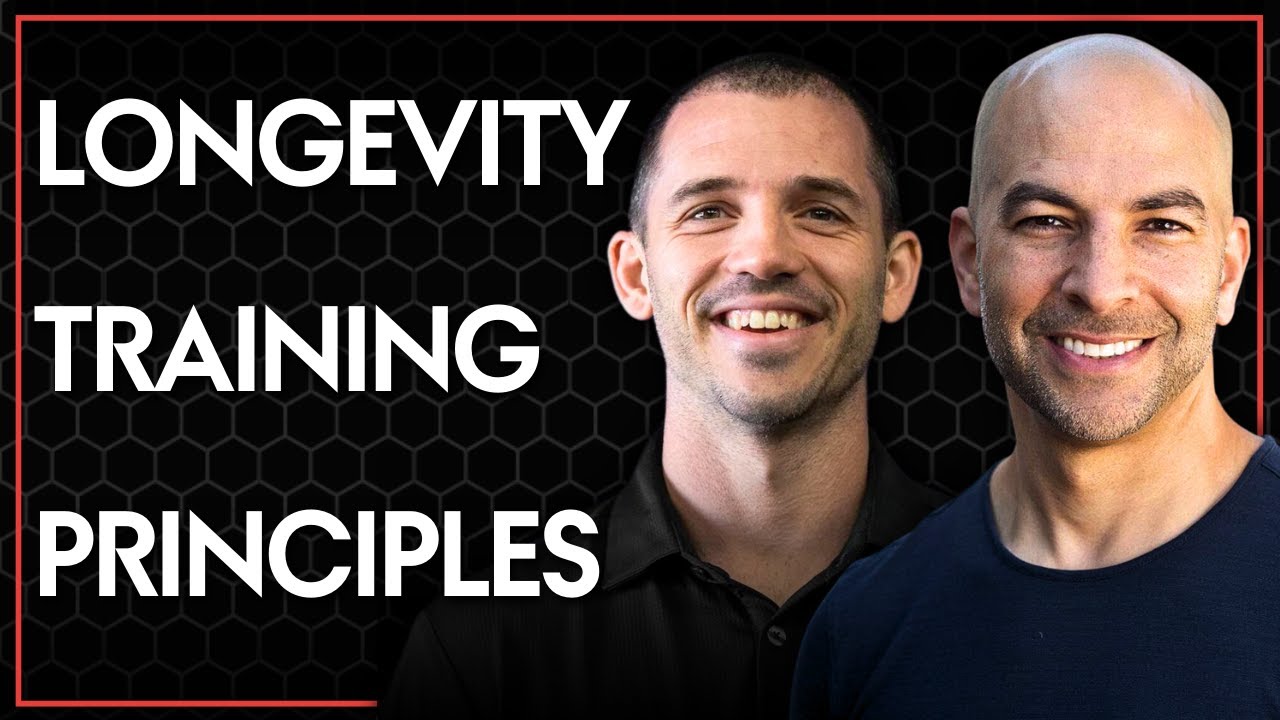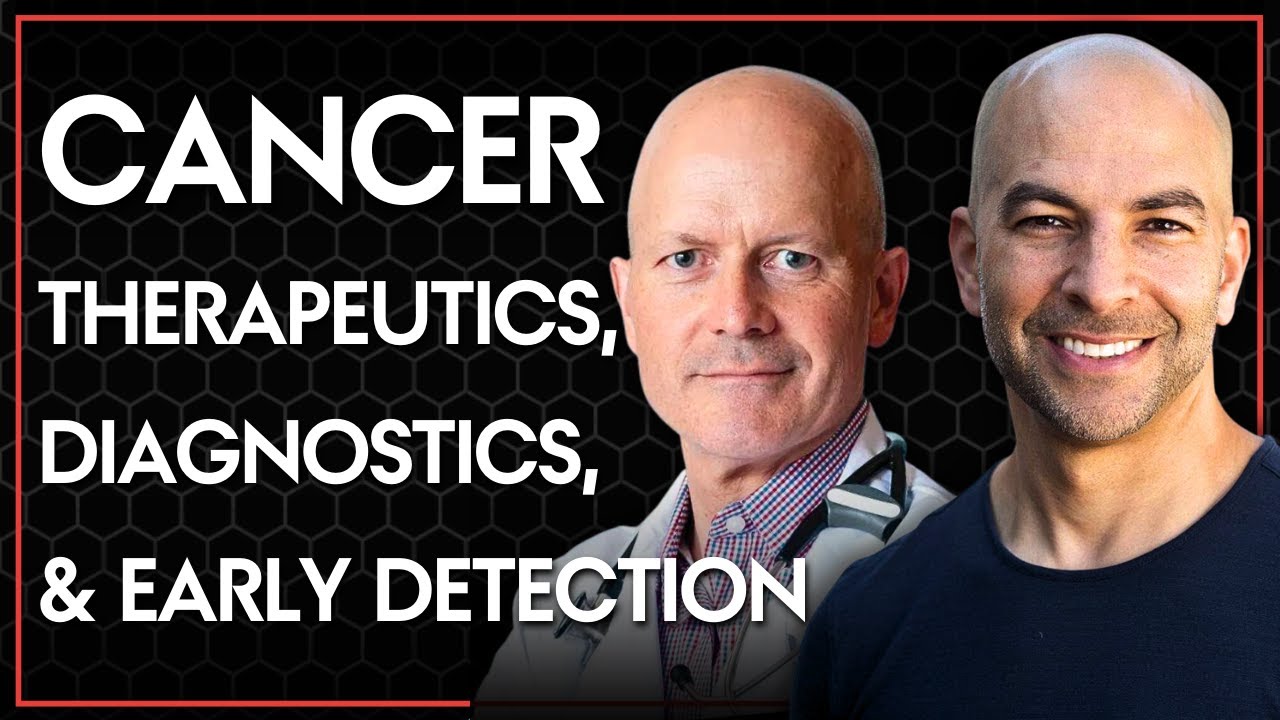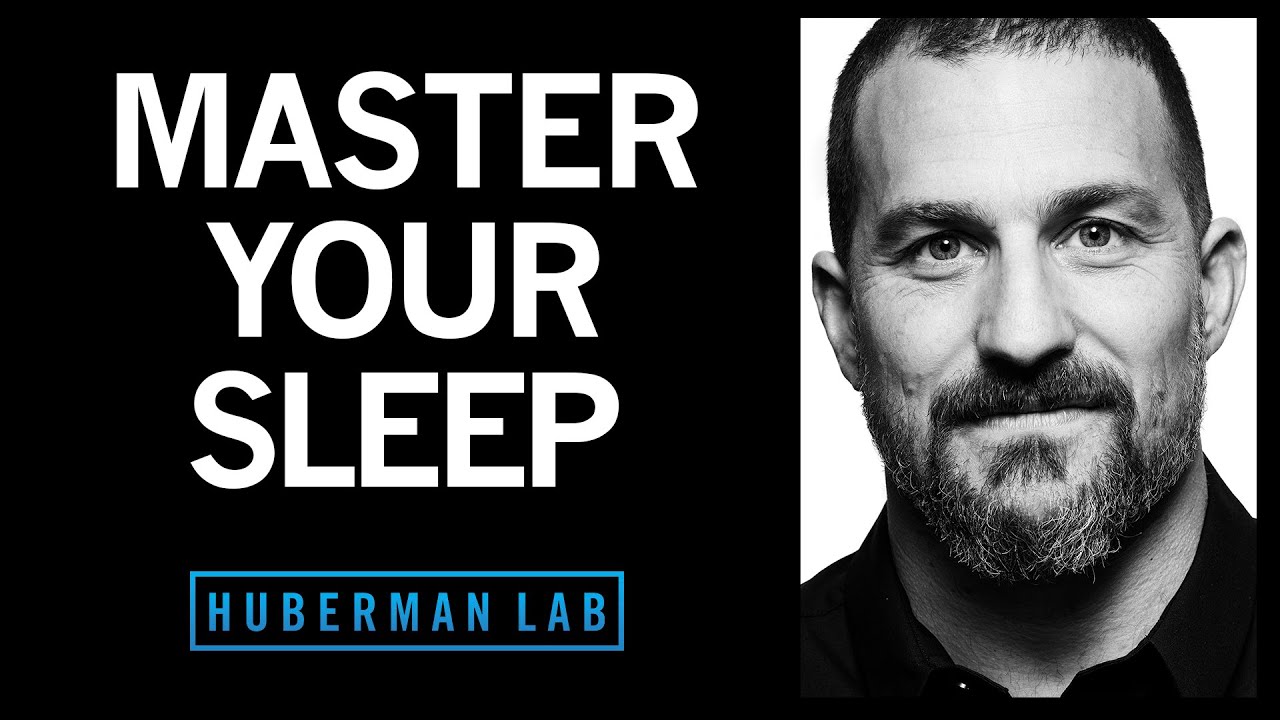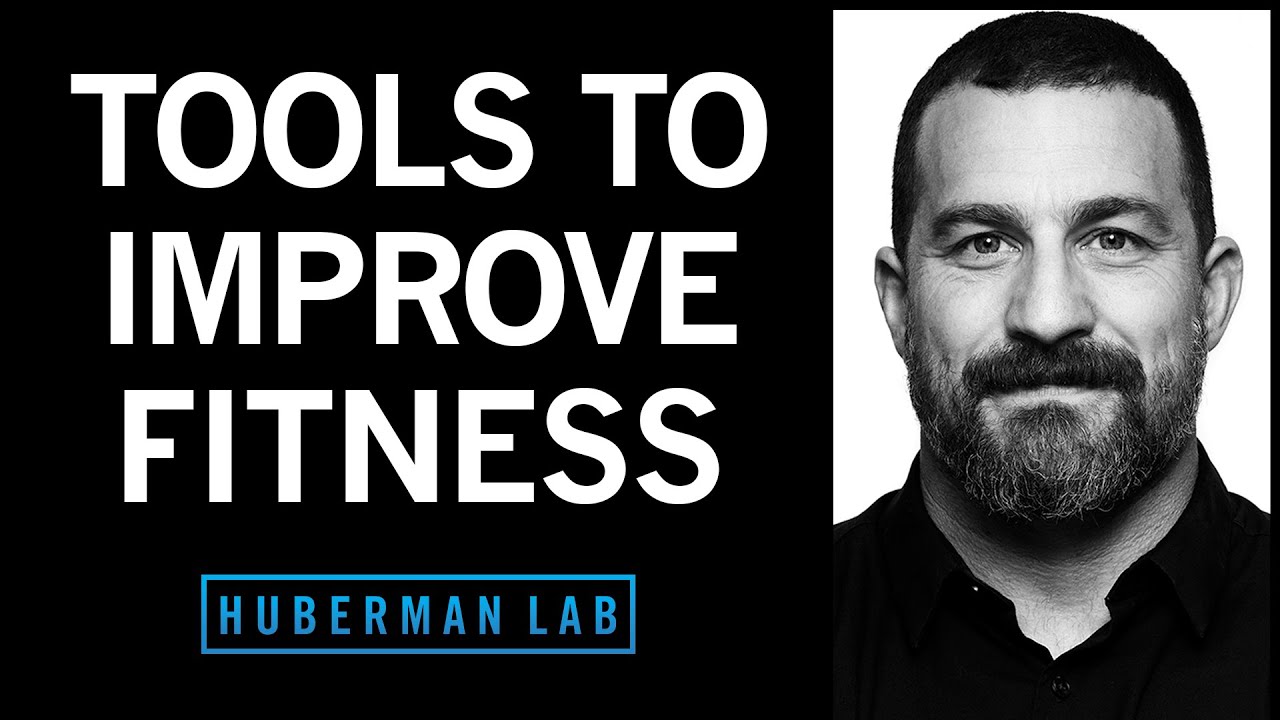- Testosterone levels in men, the factors that contribute to its changes, and natural ways to optimise it.
- The increasing trend of testosterone replacement therapy (TRT), and the potential health risks associated with its use.
- The impact of bodybuilding on health, longevity, and overall well-being, and the potential health risks of its extreme practices.
- The concept of “NoFap” and its potential effects on confidence, motivation, and relationships.
- The possible dangers of extended periods without ejaculation.
- Strategies to build confidence, overcome approach anxiety, and improve communication skills when interacting with women.
Testosterone, Bodybuilding & Confidence
Testosterone, Bodybuilding & Confidence
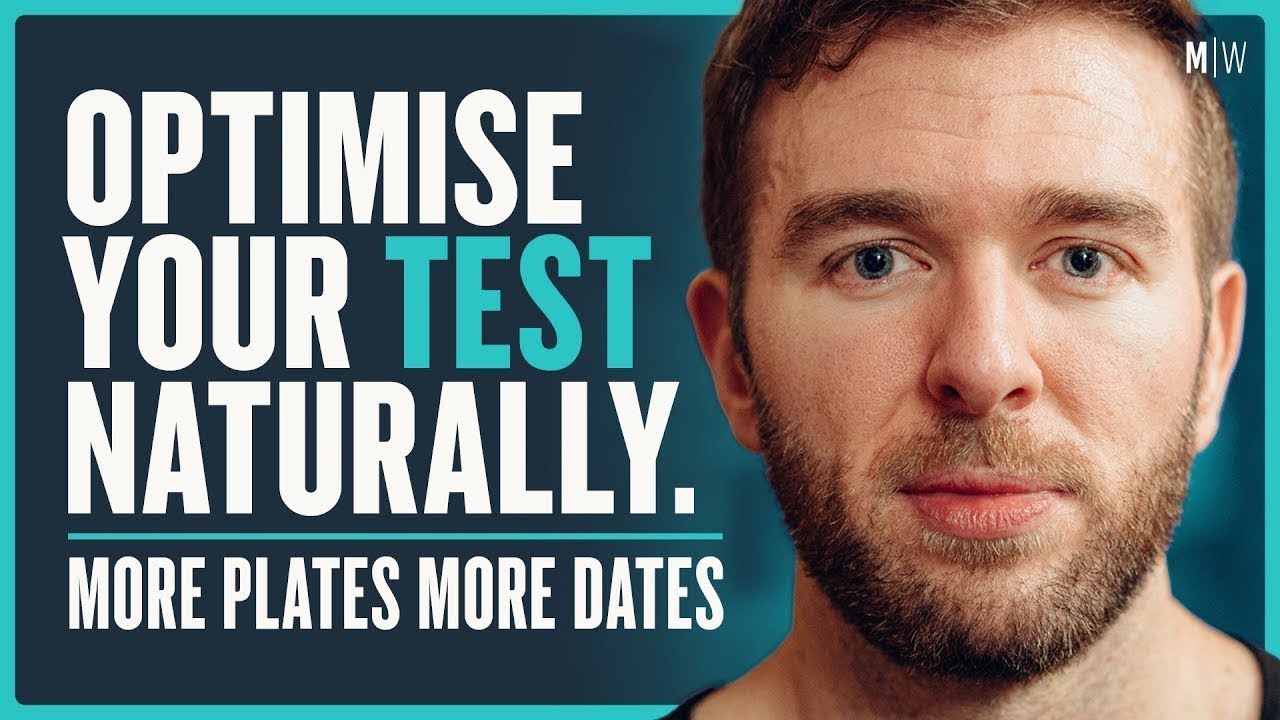
- If considering testosterone replacement therapy (TRT), consult a medical professional to ensure you genuinely need it and weigh the potential health risks.
- To help optimise hormone regulation, establish a consistent sleep schedule aligned with your circadian rhythm and daylight times. Consider tracking your sleep metrics, aiming to get to bed early (latest 11 pm) and wake up early (ideally sunup).
- Avoid neglecting fats in your diet, as they are essential for testosterone production. Use tools like a diet Cronometer to track your micronutrient intake and adjust your diet to ensure optimal hormone production.
- Small things like the chlorine in your shower or heating up and storing food in plastics could potentially affect your testosterone production. Consider getting a chlorine filter for your shower, and opt for glass tupperwares for food storage, glass bottles for drinking, and steel shakers for mixing supplements.
- Getting a comprehensive baseline blood work, particularly during peak hormone years (21-25 years old) can help you assess the impacts of exercise, lifestyle, sleep and other factors on testosterone levels. This allows you to identify deficiencies or imbalances and make more precise adjustments to supplementation and habits.
- Aim for a healthy balance between sexual activity and masturbation and rest to avoid unnecessary hormonal fluctuations. Ejaculating at least once per week/fortnight is considered healthy.
- Overcome approach anxiety by pushing yourself out of your comfort zone to engage in conversations with new people, including women. This can help improve your communication skills and self-confidence.
Navigating Testosterone, Confidence, and Relationships
The men out there. We’ve all heard of testosterone and how important it is for the development of the male body. But let’s be frank, few of us know why or how this happens. Let alone what affects it, how to maintain optimal levels, or how far it extends into our lives and relationships.
Should We Be Worried About Testosterone Levels?
Testosterone, the hormone synonymous with vitality, has been experiencing a decline of about 1% per year since the 1980s — and is currently at all-time record lows. Many are the factors that contribute to this “decrease in production”: from sedentary lifestyles to poor dietary choices, lack of exercise, and even environmental factors such as low sun exposure. Among them, however, lack of quality sleep stands as one of the most impactful, with the direct influence of our circadian rhythm on hormone regulation. It all becomes a vicious cycle that results in low hormone output.
But there are ways to fix and prevent this…
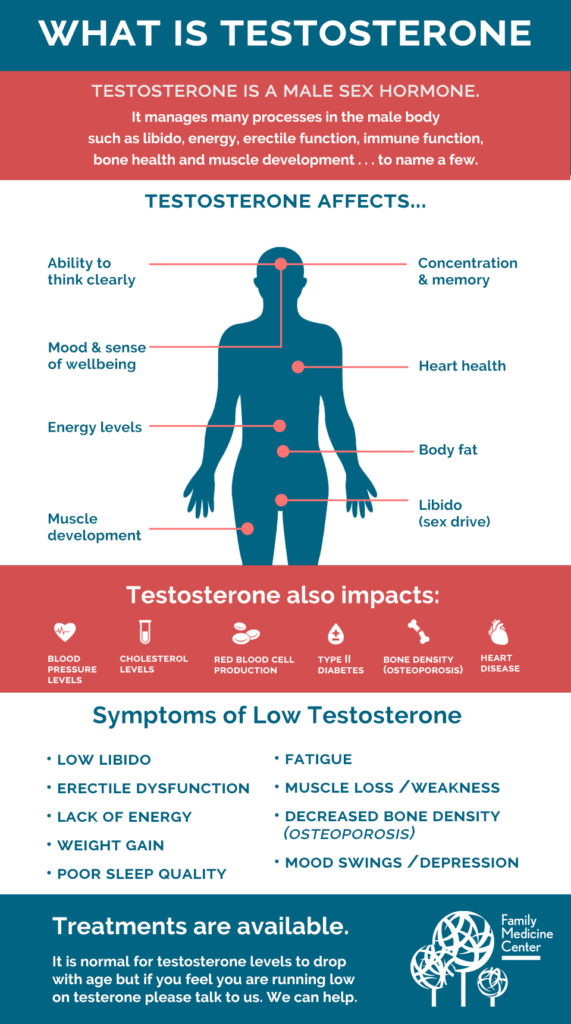
Source: https://www.familymedicinecenter.org/2021/12/obesity-low-testosterone/
Natural Ways To Maintain A Healthy Hormonal Output
The key principles for naturally optimising testosterone levels are quite simple, really. First, align with your circadian rhythm and prioritise consistent, quality sleep patterns. Then, make sure you’re consuming enough healthy fats alongside protein and carbohydrates, as neglecting fats can negatively impact testosterone production. Similarly, monitoring micronutrient and mineral intake through tools like a diet Chronometer can help address potential deficiencies that might hinder hormone production as well as provide insights for supplementation if needs be.
Small, nearly imperceptible environmental stressors — things like heating up and storing food in plastic containers or even consuming/bathing with water high in chlorine — might also have subtle impacts on testosterone levels. Another understated strategy is doing blood work analysis, preferably establishing a baseline in early adulthood. This can help identify deficiencies, imbalances, and the efficacy of lifestyle changes on hormone optimization. And, needless to say, engaging in regular exercise and a healthy lifestyle remains highly influential.
Your body’s pretty intuitive, and oftentimes I think it knows better than you do. When people try and hack their bodies sometimes they’re fighting against something that is not leading to an optimal outcome. They could have otherwise just been following the common principles of going to bed at a good time after the sun goes down and getting up at the same time every morning. Sort of following the normal circadian rhythm that a human should follow.
Derek, More Plates More Dates
Understanding Testosterone Replacement Therapy (TRT)
Lately, more and more men are turning to Testosterone Replacement Therapy ( TRT), particularly in the United States. The reasons vary. Some may actually be clinically deficient in testosterone; others are simply trying to emulate the image of someone else. If you genuinely need TRT, it might help prevent issues like cardiovascular disease and neurodegeneration. However, reckless use without medical necessity can lead to unforeseen health problems. Hence, responsible TRT use should be based on a clinical assessment — not on whim.
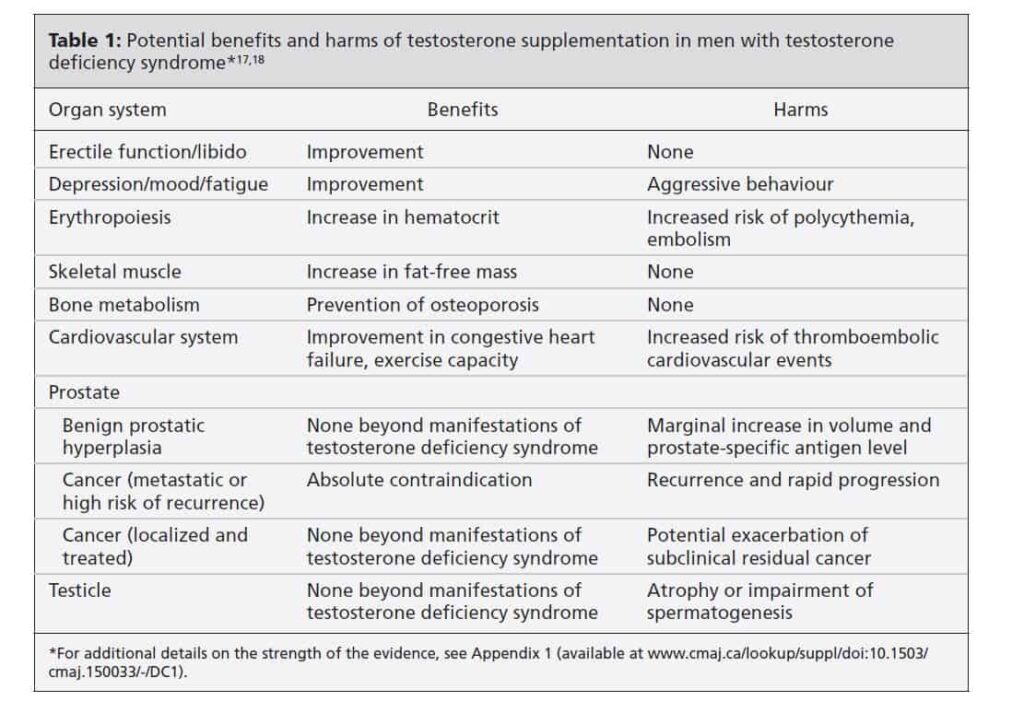
Source: https://buenafeclinic.com/mens-sexual-health/testosterone-deficiency/
Health Impacts of Modern Bodybuilding
If all this talk of testosterone and TRT is pertinent amongst the average person, it is an even more contentious topic in bodybuilding. Competitive bodybuilders often start steroid use early to develop muscles and enhance performance. And whilst the preparation phase itself may not be inherently unhealthy, the excessive use of drugs, extreme body weights, and overeating required to sustain such levels of muscularity pose the greatest health concerns. Genetic factors play a crucial role in determining one’s muscle-building potential, and some individuals simply have higher tolerances for muscle mass. But the key takeaway here, at least for the average person, is that using performance-enhancing drugs (PEDs) at super physiological doses inevitably involves trade-offs and potential health complications.
“The act of natural bodybuilding is not unhealthy. It’s just the drug use the excessive body weights and the excess of eating they have to do to achieve those body weights with the drug use that is the most problematic.
Derek, More Plates More Dates
What is NoFap and How It Can Help Men
A hormone-related trend that has taken centre stage lately is the concept of NoFap — a community-driven platform aimed at overcoming porn addiction, excessive porn use, and compulsive sexual behaviour. NoFap can help encourage men who use pornography as a quick and easy source of dopamine and are stuck in a sedentary lifestyle to seek real-life experiences and companionship. It can also benefit those whose excessive porn use has negatively impacted their relationships and social interactions. That said, it’s important to distinguish between NoFap and avoiding pornography. It’s the latter’s compounding effects that often cause the most issues — not masturbating per se. Or at least not moderate masturbation. Ultimately, the decision to try NoFap comes down to a personal assessment of its impact on one’s quality of life, relationships, and overall well-being.
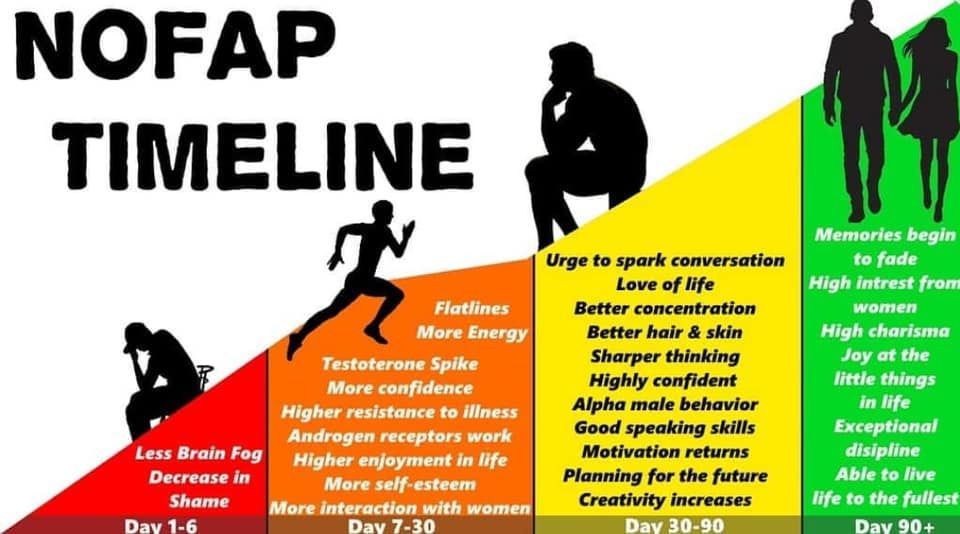
Source: https://jessesingal.substack.com/p/i-am-begging-researchers-to-follow
The Potential Risks of Going Too Long Without Ejaculating
Speaking of fapping… Research suggests that after about a week without ejaculation, there’s a significant spike in testosterone, followed by a plateau, and that a moderate “dosage” of sexual activity or masturbation (roughly weekly to fortnightly) might be beneficial. This data ties back to the practice of NoFap, given that some men see it as a personal challenge and end up attaching their self-worth to the number of days since their last ejaculation. Sure, self-control and achievement can be rewarding. But it can also lead to an excessive focus on abstinence from sexual activity and a detachment from pursuing real-life relationships.
Strategies For Men to Build Their Confidence
When seeking real-life relationships, overcoming anxiety and building confidence is a challenge for many men, particularly when approaching women. So much so that many resort to virtual or fake satisfaction, avoiding real-life interactions. An effective way to deal with insecurities is to push yourself out of your comfort zone. Simply engaging in conversations with women, regardless of your sweaty palms and racing heart, can improve your communication skills and shape a more relaxed demeanour in various social contexts. By all means, this requires practice. But sociability is a controllable and developable factor. And if you need a push, learn from relatable examples of people who have conquered their fears. In any case, taking action is crucial for personal development and forming meaningful connections beyond the world of dating platforms.
